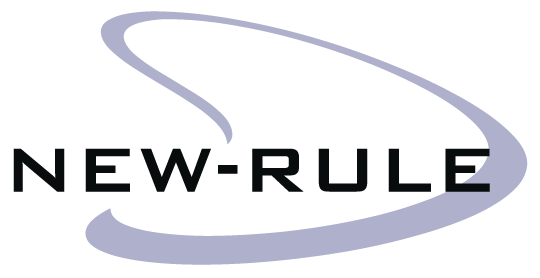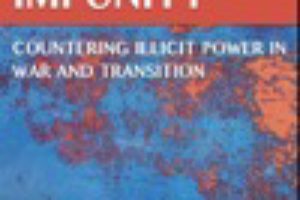Despite the deferential posture of ordinary civil law courts on the issue of judicial review, the “inquisitorial” systems of the Continent place more responsibility for the trial procedure on the judge than is typical for a common law court. By way of contrast, the adversarial model that is usually employed in common law systems places more responsibility on the litigants.
As with other distinctions, this difference has become less pronounced in recent years, but it nevertheless continues to shape many aspects of trial procedure. From a common law technical assistance perspective, it is important to understand the “investigative judge”, which is wholly foreign to our system. The investigative judge has the main responsibility for preparing the initial record for the trial, involving significant interaction with law enforcement and prosecutors in some cases. While civil law investigative judge is on the decline in civil law systems—with increased responsibilities shifting to prosecutors—where present it is crucial to acknowledge their key role.
Perhaps most notable for a common law practitioner is the difference in discovery and evidence rules and procedures. In a civil law system, “fishing expeditions” are not generally permitted. That is to say the investigation of facts likely to lead to an admissible fact is circumscribed. Civil law judges guide the gathering of evidence as a rule, and while litigants may be involved in the process, they do not orchestrate the presentation of evidence, nor block a particular piece from becoming part of the court record. Reforms in common law discovery practice have also increased the role of the judges in discovery, but the litigants remain the driving force, possessing developed rules to make their case as a trial proceeds.
Similarly, the civil law judges generally handle the questioning of witnesses. Civil law litigants do play an active role in formulating questions for the judges to pose, but a direct, active role, such as in cross examination, is not the rule. The limited role of civil law litigants is not only a function of judicial authority, but also it reflects the civil law system’s bias against witness-based evidence. Civil law systems commonly consider witness testimony one of the lowest standards of proof.
In contrast, common law systems are characterized by litigant examination of witnesses under judicial supervision. While it is acknowledged that witnesses are human and, as such, not objective, common law systems rely on robust cross-examination to test the veracity and competence of witnesses. During trial, prosecution and defense will put on witnesses that may well offer competing versions of events.
The common law competition between witnesses is probably most known for the “battle of the experts” where each side produces a competing professional analysis of a fact(s) at issue. Criticism of this process has grown in recent years with opponents noting that neither judges nor juries are particularly well positioned to evaluate conflicting technical/scientific analyses. Civil law systems avoid this situation through the use of court appointed experts. When technical issues arise, a civil law judge may consult a list of noted professionals in the area, choosing one for his or her established expertise on the topic.
This contrasting approach to witnesses affects the nature and significance of the trial record. Given the emphasis on witnesses and cross-examination, common law systems frequently have verbatim transcripts, which become part of the record. In civil law systems, a judge will often summarize each courtroom activity, including witness responses. The judge’s description is recorded by a court clerk and shared with the parties and the witness for their review. Their comments are noted, and this summary then becomes the trial record.
The absence of a verbatim transcript in the record may seem shocking at first to a common law practitioner, who could anticipate that its absence would jeopardize prospects for an effective appeal. However, the civil law practitioner’s case generally receives de novo review on appeal. So, the consequences of a mistake in the trial record, while not insubstantial, are not necessarily outcome determinative.
Though there are notable exceptions, the standard practice is to conduct a trial before a professional judge who is joined by lay assessors at the final argument. This reliance on the professional judge alters the very nature of the trial process itself. Adversarial presentations before a full court only occur at the end stage. In the preceding stages, a civil law trial is really a series of meetings as opposed to one central, extended court session before a jury. Consequently, while appeals impose additional expenses on the system, the civil law practice of de novo review on appeal does not generally risk undermining a jury verdict.
With its reliance on juries as the trier of fact, a common law system is driven by a concern for the common citizens called to serve and the attendant costs involved, and this consideration has promoted rules and practices that emphasize efficiency and finality in the trial fact-finding process. From a common law perspective, a de novo review appeal would imply that a new jury be empanelled. Failure to do so would call into question the right to jury trial and recast the process of adducing facts altogether.




